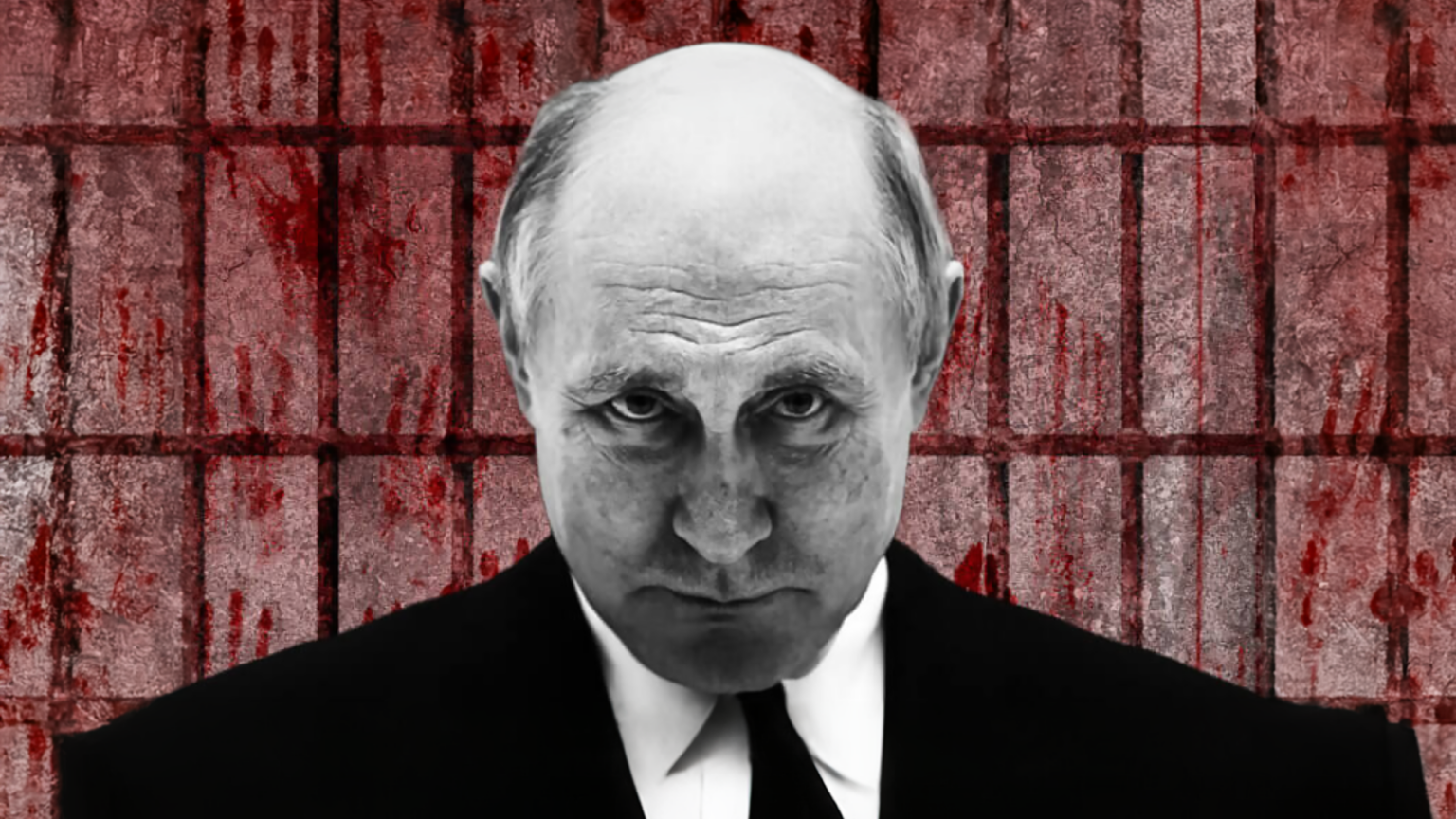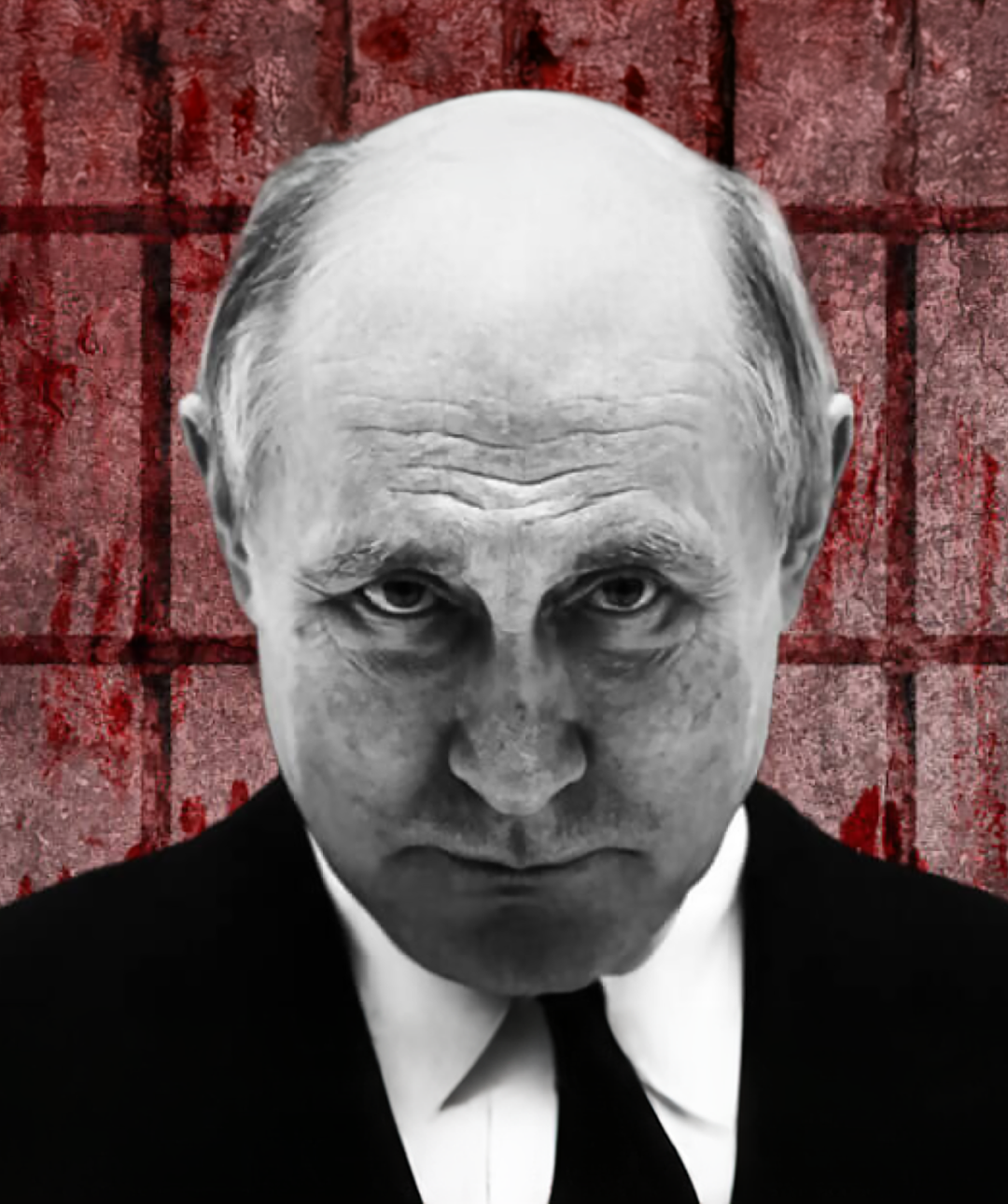

On Monday, an independent polling organization reported that more than 50% of ordinary Russian citizens support bringing back the death penalty, yet another sign of the public’s growing approval of the use of capital punishment over the last 10 years.
This recent surge in public sentiment follows the March 22 terrorist attack on Crocus City Hall, a music venue on the outskirts of Moscow, which was one of Russia’s deadliest in decades, killing at least 144 people and injuring hundreds more.
Following the attack, the country’s state propaganda has become increasingly vocal about what some see as the only appropriate response: putting an end to Russia’s 28-year moratorium on the death penalty and executing those responsible for the attack. Kremlin politicians, including Vladimir Vasilyev, parliamentary leader of the ruling party, United Russia, have jumped on the bandwagon.
Executions carried out by the state in the biggest country on earth is now a real prospect. Having clenched an iron grip on Russia, dictator Vladimir Putin undoubtedly views this as an opportunity to steer the nation further into the realm of fear and oppression.
In the ever-evolving legal landscape of modern Russia, the saga of the death penalty is full of ups and downs, symbolizing Russia’s unstable political environment.
Following the Soviet Union’s collapse — a regime under which capital punishment was not only legal but actively employed — the newly formed Russian Federation signaled in its 1993 Constitution an intention to eventually eliminate the death penalty but stopped short of banning it: Article 20(2) permitted capital punishment in exceptional cases “until its complete abolition.”
This ambiguity allowed the practice to persist until 1996, when Russia joined the Council of Europe and vowed to impose a moratorium on executions and to eliminate capital punishment altogether. In particular, Russia promised to ratify, within three years, the 6th Protocol of the European Convention on Human Rights, prohibiting the death penalty. The deadline came and went, and Russia failed to ratify the 6th Protocol.
Beginning in 1996, Russia halted all executions, rendering the death penalty a dormant provision within the Russian Criminal Code. This trend continued even after horrific terrorist acts in the early 2000s, despite these having sparked widespread demands for the reintroduction of the death penalty in a collective outcry for justice.
Still, in the absence of a definitive legal stance on the matter, the non-application of capital punishment remained precarious, lacking a solid guarantee against the possibility of its reinstatement.
A form of resolution came from the Russian Constitutional Court, which declared a moratorium on the death penalty in 2009. The Court’s rationale was twofold: first, Russia must honor the object and purpose of the 6th Protocol it had signed, even in the absence of ratification, thereby abstaining from capital punishment; and second, the Court argued that the established practice of not enforcing the death penalty had effectively created a legal precedent against its use. Thus, the legal ambiguity was seemingly resolved and the death penalty was no longer enforceable in Russia.
With this backdrop, the new round of conversations about the potential reinstatement of the death penalty in Russia follows a series of pivotal events that hint at a darker trajectory for the nation. Since the early years of Vladimir Putin’s presidency, the practice of assassinating political opponents began to spread in Russia. Victims of extrajudicial killings include opposition figure Sergei Yushenkov (2003), investigative journalist Anna Politkovskaya (2006), former FSB officer Alexander Litvinenko (2006), lawyer Sergei Magnitsky (2009), politician Boris Nemtsov (2015), and, most recently, opposition leader Alexei Navalny (2023). This proliferation and normalization of state-sponsored lethal violence throughout Putin’s presidency have fueled the erosion of one of the state’s fundamental pillars — the respect for the right to life.
Furthermore, in 2020, Russia underwent significant constitutional amendments, extending Putin’s presidency and cementing his control in a previously unseen manner. Then, as the world grappled with the COVID-19 pandemic, Putin’s regime exploited the crisis, accelerating the erosion of governmental transparency and further undermining any vestiges of rule of law.
Two years ago, Russia started a new chapter in its history with the full-scale invasion of Ukraine. In order to suppress internal opposition to the war, Putin’s regime enacted draconian laws specifically designed to target and silence critics of the invasion. On top of this, Russia left the Council of Europe and denounced the European Convention on Human Rights, including its 6th Protocol, effectively absolving itself from an obligation to honor the Protocol’s object and purpose.
In June 2023, the Russian regime’s monopoly on violence was challenged when the pro-Kremlin mercenary militia, the Wagner Group, led by its leader Yevgeny Prigozhin, made the unprecedented move of marching towards Moscow with his gunmen. Even though Prigozhin stopped his march midway, his act of military defiance led to his killing two months later when his plane was shot down in Russian airspace in the clear light of day.
Putin’s tactic of enlisting inmates to fight in the war has also backfired: upon returning from the battlefield, they often slip back into old habits, leading to an increase in violence and crime rates. As a result, the value of human life has diminished drastically.
The discussion about reinstating the death penalty emerges at a time when Russian society’s sense of justice is upended, human life is devalued, and violence is not just on your doorstep — it stares you in the face daily.
The Constitution, by providing its eventual abolition, as seen above, explicitly signals the country’s intention to outlaw capital punishment. And although Russia’s withdrawal from the 6th Protocol renders one of the Constitutional Court’s arguments now irrelevant, the established practice of not formally implementing the death penalty still stands today.
In a country tightly controlled by Putin’s dictatorship, however, the Constitutional Court’s ruling remains the sole formal barrier preventing the reinstatement of the death penalty. And despite Russian history having yet to see the Constitutional Court overturn its previous rulings, such a scenario is not unthinkable. The Court has recently even hinted at the death penalty’s potential reconsideration in the future.
Regardless of whether the Court decides on the matter or what its decision may be, one thing is clear: it will reflect Putin’s individual interests and nothing else. In recent years, Putin’s regime has led the country into the dark age of lawlessness and cruelty, and reinstatement of the death penalty would just be another inch toward darker times.
Sergei Korotkov is a Legal and Policy Intern at the Human Rights Foundation.
Join us in helping save lives and stand up to tyranny.

Reach out with any questions or support needs.
Become part of our mission-driven team.
Find answers to commonly asked questions in our FAQs.
Hit enter to search or ESC to close